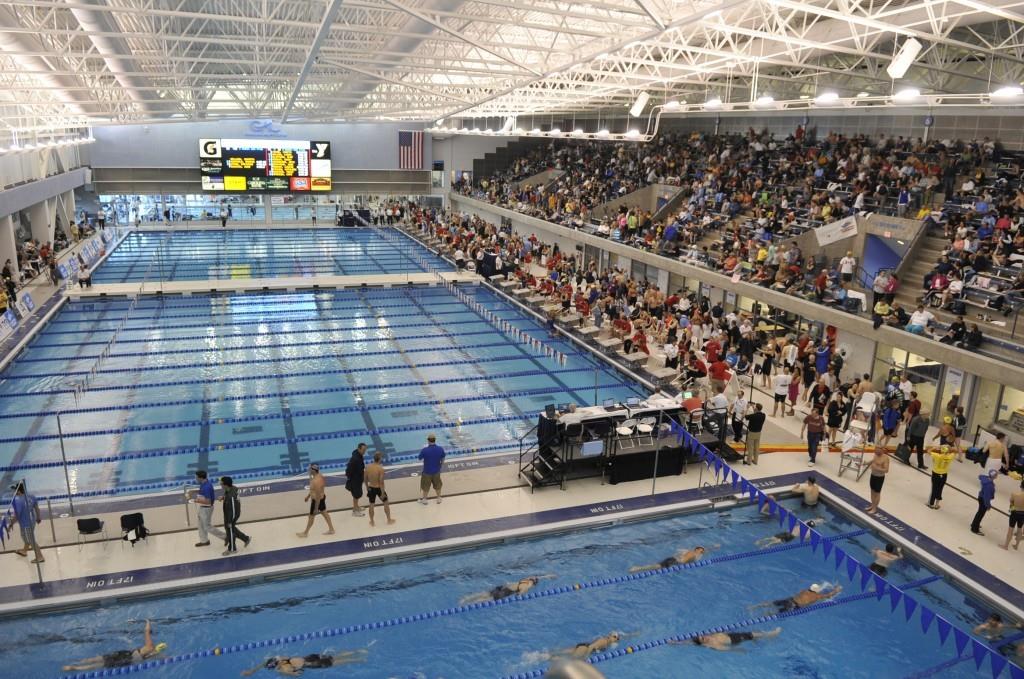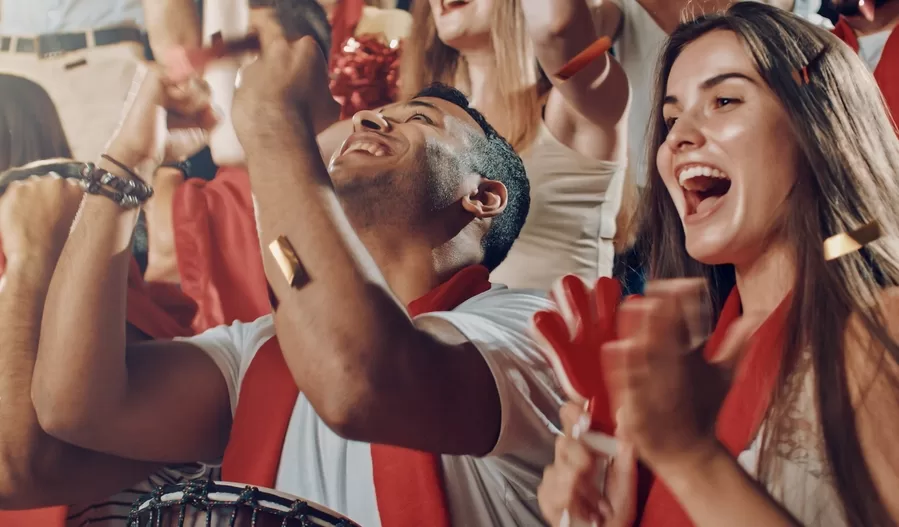Sports events are becoming more and more important and having the necessary knowledge to know how to organize and manage them is essential. But, when we talk about sporting events, we are not referring to large celebrations such as the Olympic Games or the World Cup, but rather any local or medium-sized event. In the following article, we are going to explain how to organize a sporting event.

How to organize a sporting event
A sporting event is any sporting activity that takes place occasionally, on specific dates and is widely received by the public. These events can be a great opportunity for many companies and sponsors to promote their brands.
Organizing a sporting event is not easy, since countless details must be taken into account. There is no single guide to organize an appointment of these characteristics, but there is a series of keys and basic steps, from planning to the execution of the different tasks, to carry it out safely and successfully.
- Organization: It may seem obvious, but the first thing to develop any event is correct organization. It is important to control many needs, such as logistics, spaces, catering, event technology, and other tools.
- Define the type of sporting event: you must be clear about what type of event you are going to organize to identify the needs of the previous point and resolve them.
- Planning: here it is important to set the date on which the sporting event will take place, a very important detail if you do not want it to coincide with another already pre-arranged event that could reduce the audience.
- Location: Choosing a good location is just as important as setting a date. In addition, you must meet the requirements of the type of sport in question, consider the number of external assistants, and what type of services you will require, such as assistants, participants, sponsors, etc.
When defining the place, it is advisable to review its capacity and whether it is sufficient to accommodate the expected attendance, whether it has the necessary security measures, good accessibility, and services such as parking. At this point, you will need a capacity control system.
- Regulation: equally important is acquiring permits to hold the event and, if necessary, taking out civil liability insurance.
- Acquisition of resources: you must be clear about the resources you are going to need and whether you already have them or have to buy them, such as materials, equipment, prizes, medals, maps, etc.
- Staff: the people necessary to run the event, depending on each job: referee, box office staff, security staff, catering, information points… After having all the staff defined, it will be time to assign tasks to each one of them.
- Promote the event: It is important to publicize the event well in advance. To do this, it is good to use social networks to reach the largest possible audience, although this will also depend on the budget and how much you want to invest in digital marketing. An email marketing strategy can also be a good idea.
Legislation and requirements for the organization of a sporting event
Knowing how to organize a sporting event is very important, but it is also important to know the legislation that must be complied with. There are three important laws applicable throughout Spain:
- Law 10/1990, of October 15, on sports: it is the main legal text regulating sports in Spain. Article 46 establishes a classification of sports competitions that will have important consequences in other regulations:
According to their nature: official or unofficial competitions, and competitions of a professional or non-professional nature.
According to their scope: international, state, and lower territorial competitions.
At the internal level, it is indicated that official state-level competitions must be classified as such by the sports federations or by the Higher Sports Council.
- Law 19/2007, of July 11, against violence, racism, xenophobia, and intolerance in sport: among the objectives of this legislation are the promotion of fair play, coexistence, and integration in a democratic society or the maintenance of citizen security and public order, on the occasion of the celebration of competitions and sports shows.
- Royal Decree 203/2010, of February 26, which approves the Regulation for the prevention of violence, racism, xenophobia, and intolerance in sport: develops the law analyzed in the previous point.
Article 5 obliges the organizers to prepare a Sports Safety, Prevention, and Control Protocol, which must reflect the adequacy of the sports facility to the requirements established by the regulations, and will be collected from the measures adopted by the organizers, to guarantee compliance with legal obligations.
Tips for organizing a successful sporting event
- Define your goals and your target audience: it is useless to organize an event without knowing what you want to achieve and who you have to address. If you don’t know how to give a clear answer to these two questions, it will be difficult to organize a successful event.
- Planning sizing a sporting event takes time. You have to talk to a multitude of organizations and athletes so that everything goes as you expect. If you prepare it in advance, it will be much easier to deal with the unforeseen events that always appear.
- Make changes on the fly if necessary: if something is not right and you have time to change it, don’t hesitate. It is better to take a small loss than to hold the event with little chance of success.
- Make a realistic assessment: at the end of the event, ask yourself: was it a success or a failure? Check if the objectives that were initially set have been met.
Finally, don’t forget to contact your audiences (your team, attendee participants) after the sporting event to send them a summary or ask for feedback. They will appreciate it and it will be a plus to enhance their positive experience.




